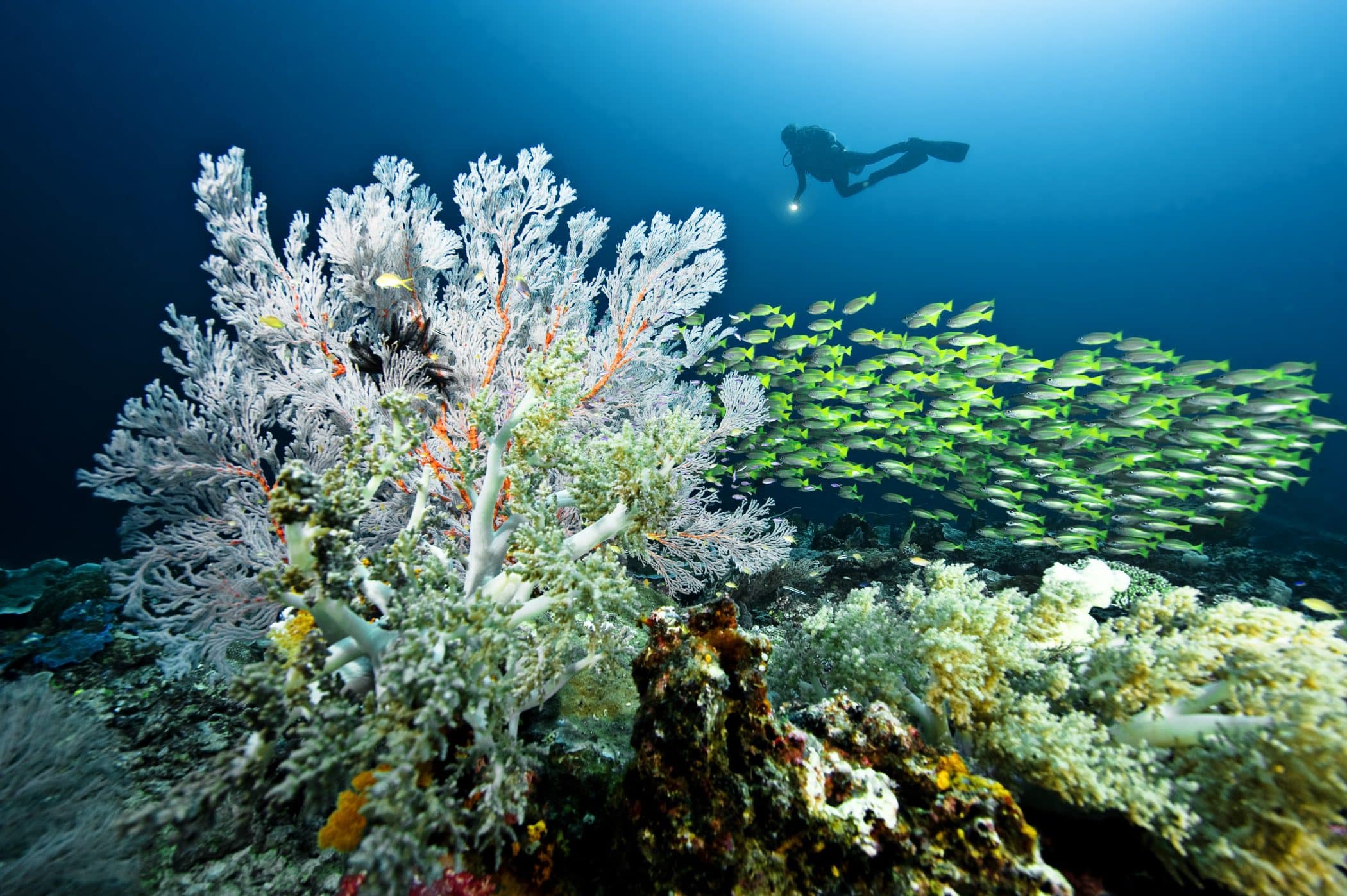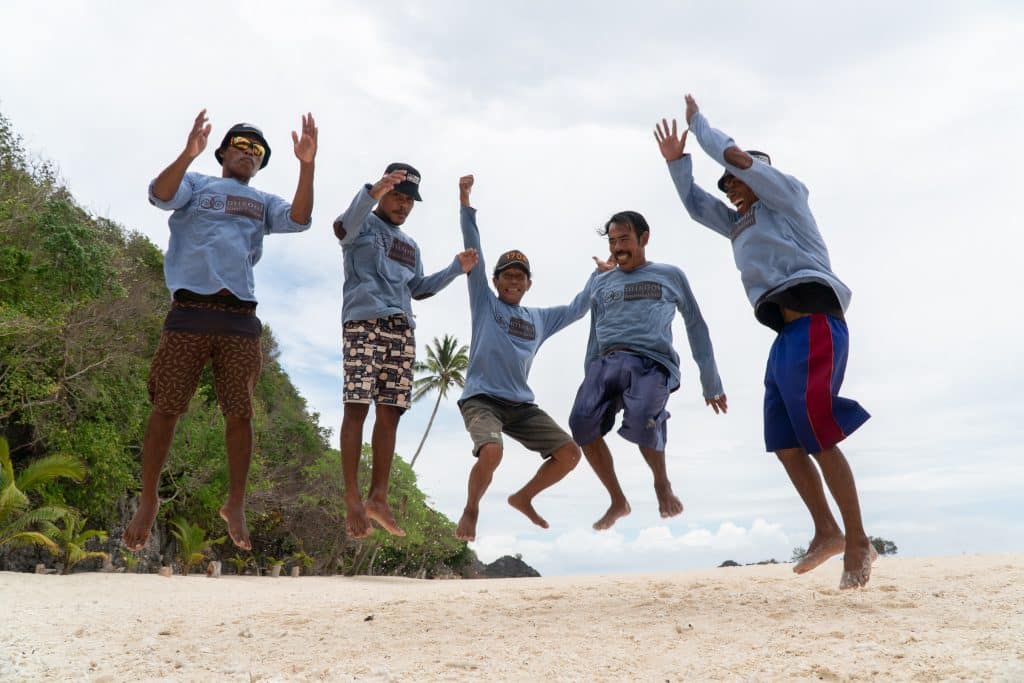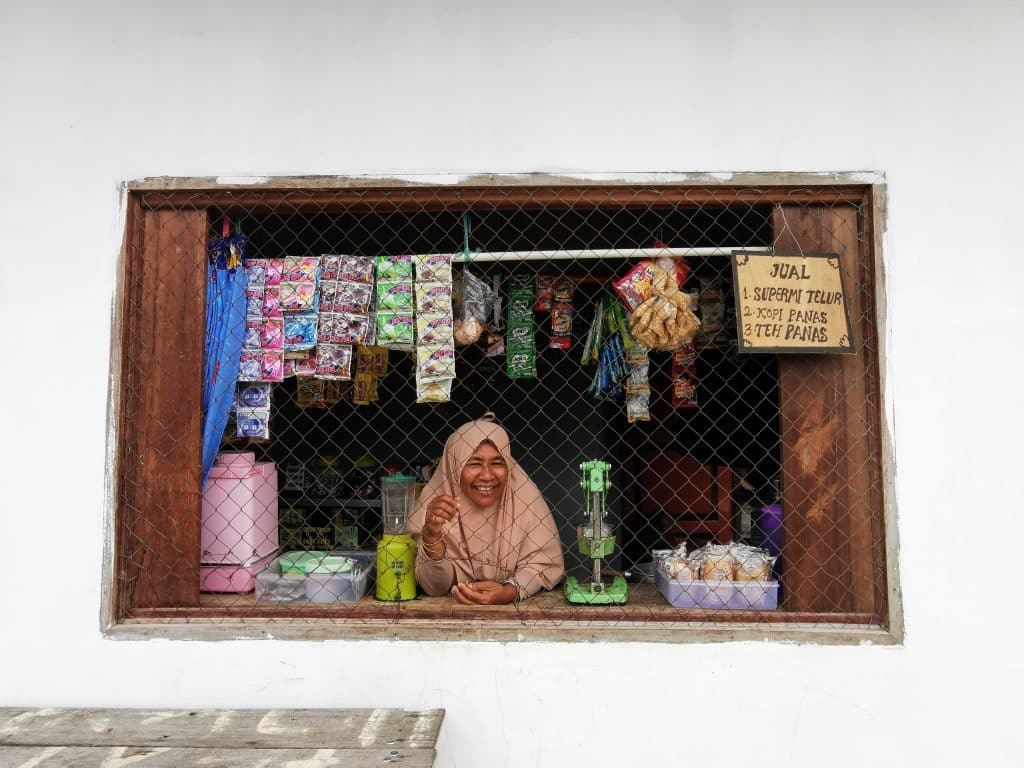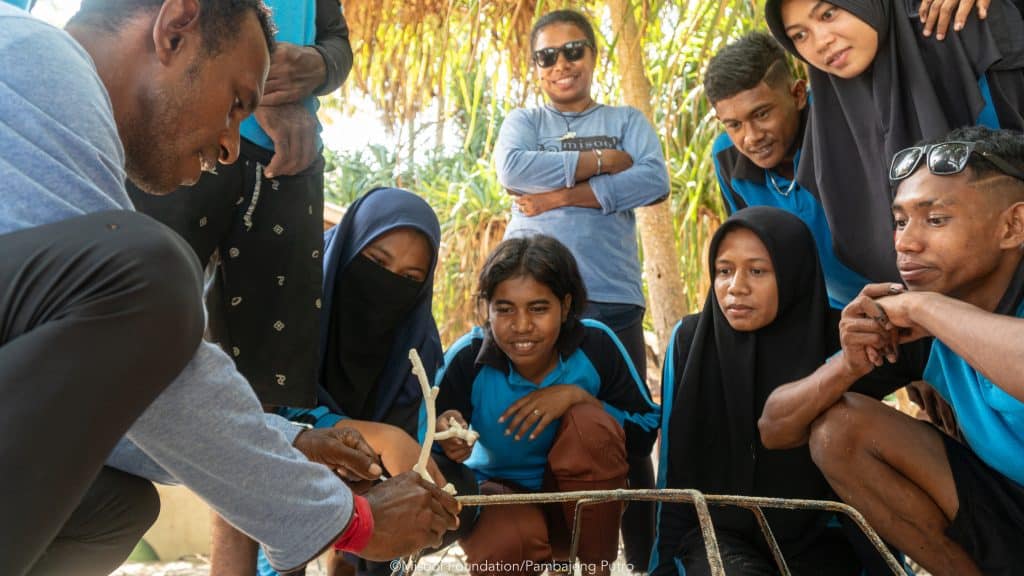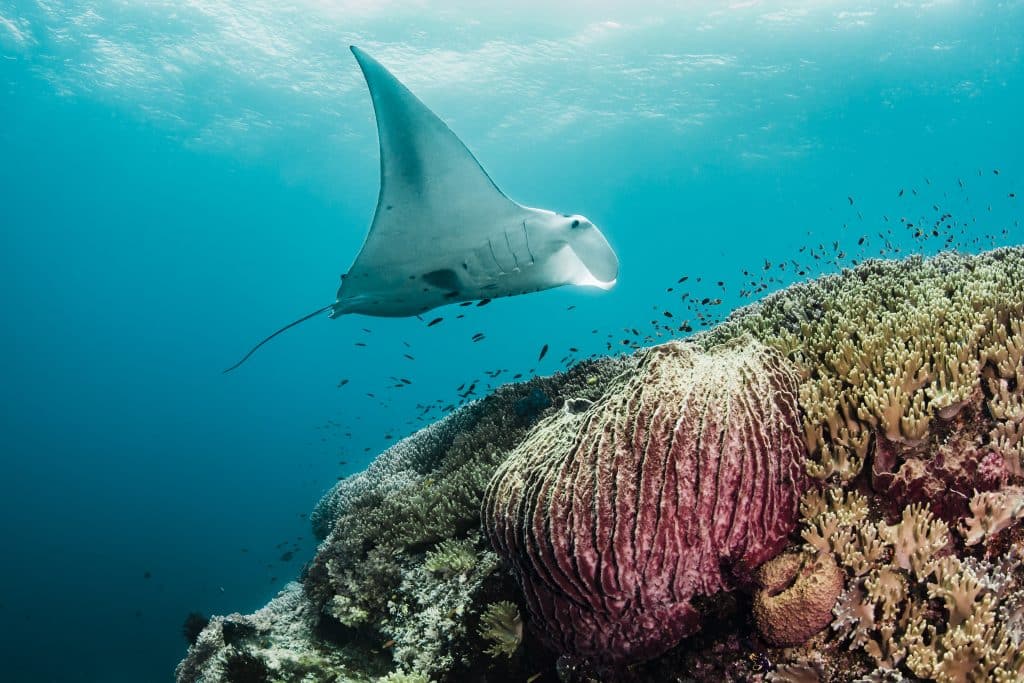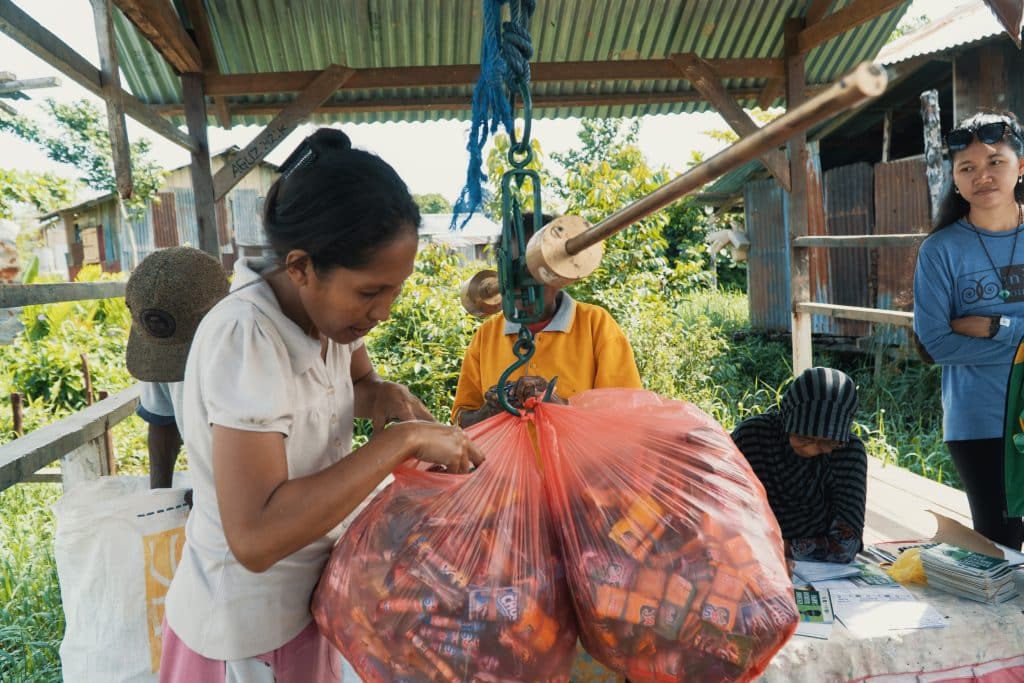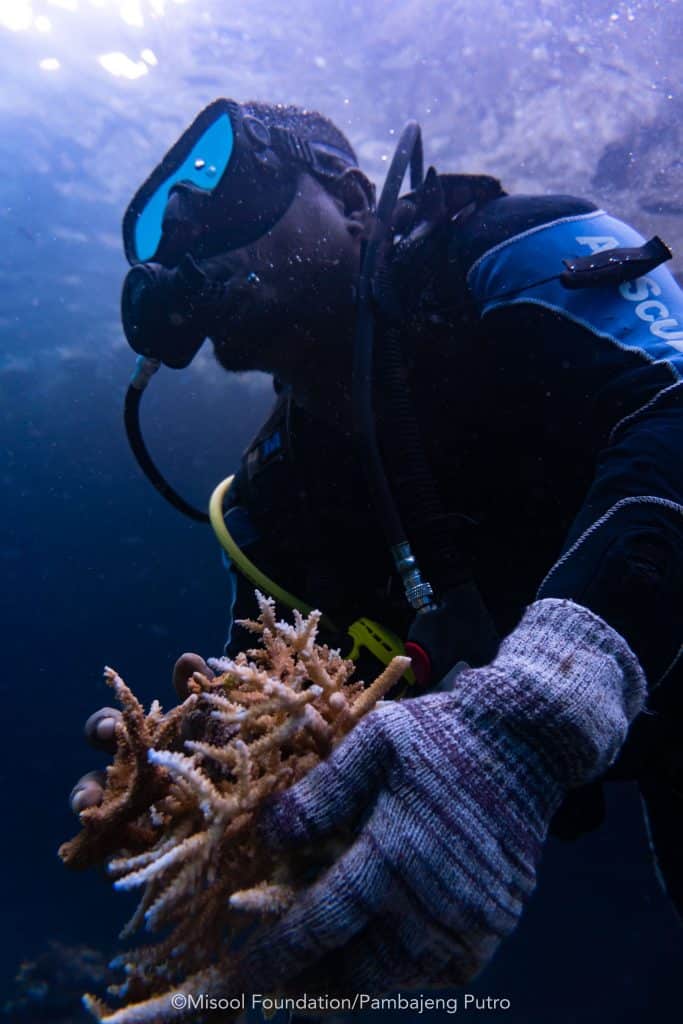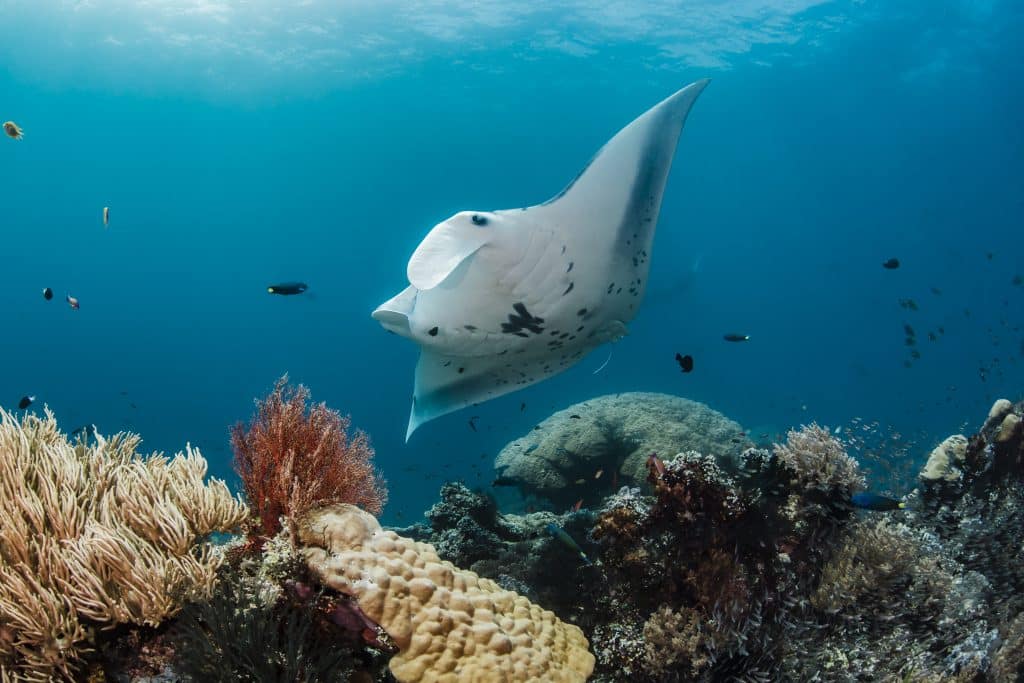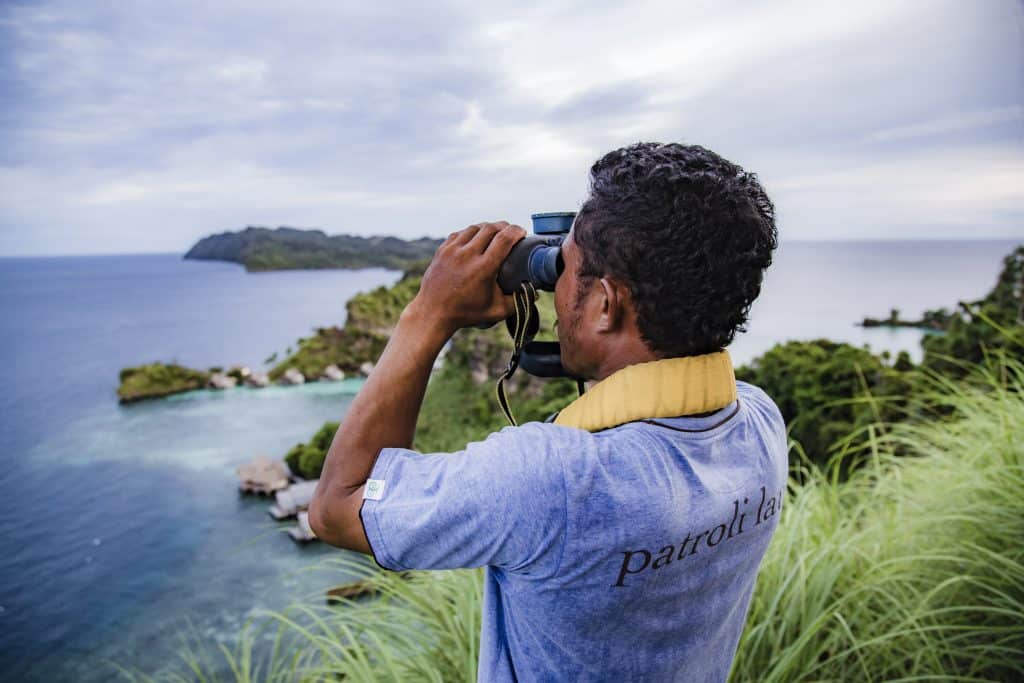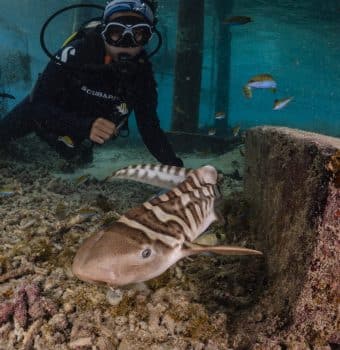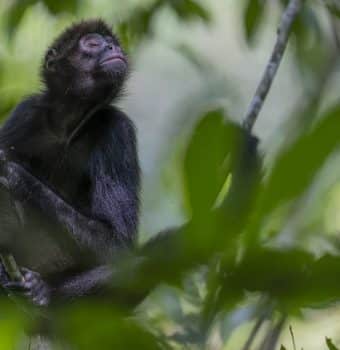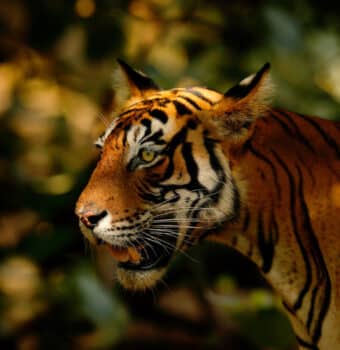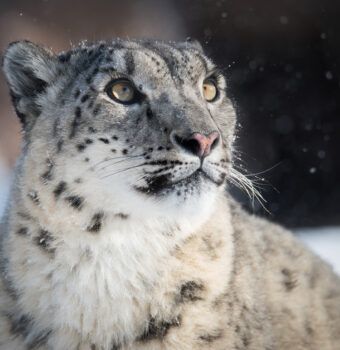When you get involved, donate, or spread the word on social media, you are truly making a better world for coral reefs and the communities that live near them. Here are a few ways you can help:
Connect with Misool Foundation on social media to learn more about their work and be a voice for coral reefs.
Visit Misool Foundation’s website and sign up for their newsletter to deepen your connection with conservation.
VISIT WEBSITE
You can also help while you travel. Visit the Misool Foundation Resort for a beautiful private island experience and to support their conservation efforts.
Donate to support Misool Foundation’s work protecting coral reefs. Through our donation model, 100% of your donation goes to field with zero taken for overhead or administration.



